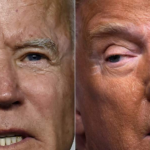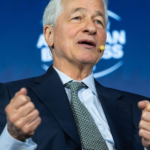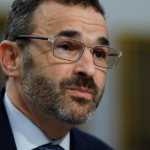As US sanctions on Venezuela are eased, the country has a chance to revitalize its crucial oil sector, which has suffered from years of underinvestment, civil unrest, and international isolation. This shift allows international companies to apply their expertise and technology to Venezuelan crude fields and infrastructure. Here is a breakdown of companies set to gain and those that may miss out on this opportunity:
Chevron Corp.
The second-largest US oil company is in a strong position to capitalize on this reopening. Chevron maintained a presence in Venezuela after former President Hugo Chavez nationalized oil assets in the early 2000s. In late 2020, the US government granted Chevron a special license to initiate limited operations at four joint ventures and sell Venezuelan crude to American refiners.
Rosneft PJSC
The Russian energy giant may be the most affected, as the US prohibits American companies from collaborating with or financing Rosneft’s assets in Venezuela. Rosneft’s trading arm, which once handled half of Venezuela’s crude exports in 2020, has scaled back operations due to sanctions. Most of Rosneft’s Venezuelan oil joint ventures are managed by crews from state-controlled Petroleos de Venezuela SA (PDVSA).
Repsol SA
The Spanish oil company holds a stake in one of Venezuela’s largest undeveloped fields, with the potential to produce over 300,000 barrels per day. Repsol is also seeking to recover money owed by PDVSA related to the Cardon IV offshore natural gas project. Repsol and its partner Eni SpA are discussing with the Nicolas Maduro government for a license to export liquefied natural gas to European markets.
Eni
The Italian oil company has stakes in three joint ventures. It was previously allowed to take PDVSA crude in lieu of Cardon IV gas sales, but it can now receive direct payments from Venezuela. Eni believes the temporary relaxation of sanctions will enhance debt collection activities’ flexibility and effectiveness.
Maurel & Prom
This French drilling company, focusing on Latin America and Africa, has been expanding its presence in Venezuela to increase oil production in Zulia state, the heart of Venezuela’s oil industry. Maurel & Prom, which is 24% owned by Indonesia’s Pertamina, is involved in the $1.5 billion project to capture PDVSA’s methane emissions.
These developments mark an important turning point for Venezuela’s oil sector, and these companies are poised to play significant roles in its recovery.









